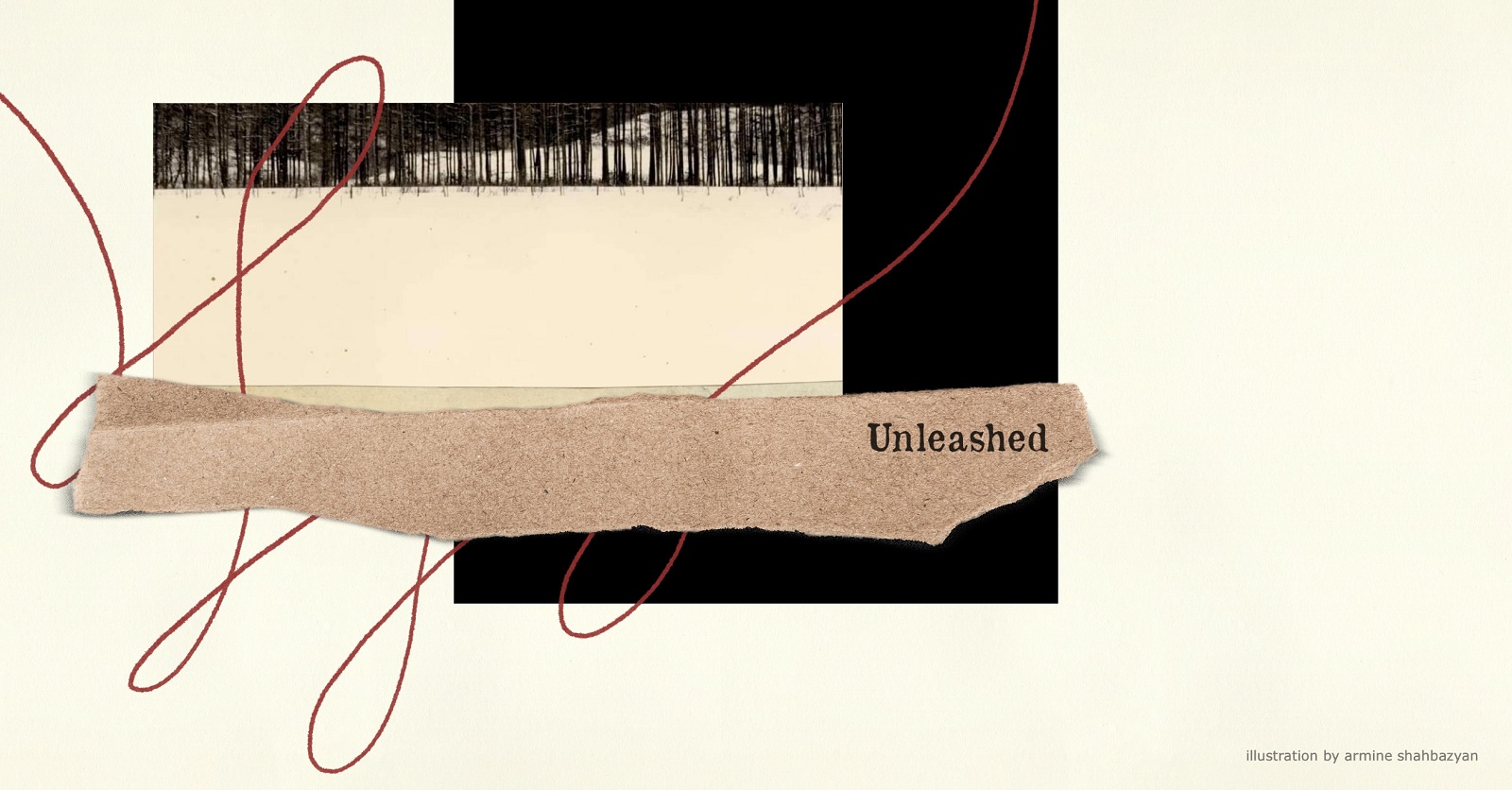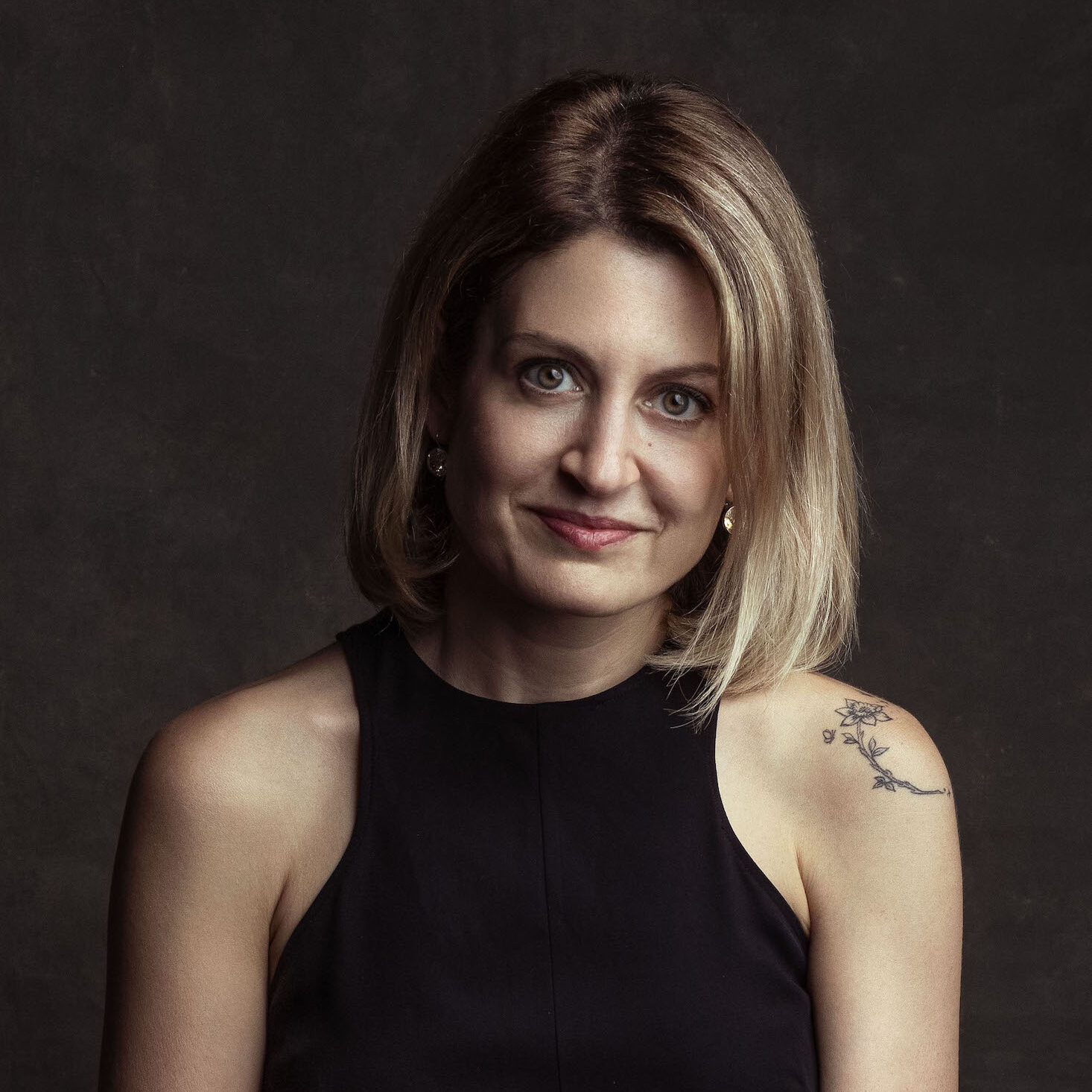

Some of my fondest childhood memories involve my father’s quirky wellness rituals that always brought a touch of humor and health to our home. He could turn eating cucumbers into a spectacle, artfully draping the green peels over his face as makeshift spa treatments. When my sisters and I followed suit, giggling each time a peel slipped off, he would chuckle and tell us, “They’re full of vitamins—it’s good for your skin!”
Then there’s the time I caught him doing a headstand during a sleepy 4 a.m. bathroom trip. There he was, upside down, explaining, “It’s good to send blood to your brain first thing in the morning—it wakes you up better than coffee!” I could only yawn, half-amazed and half-amused, with one eye open as I dimmed the light and closed the door, quietly questioning where he got the energy for such early morning antics.
I’ll never forget when he came to visit me in Cambodia, where I was living a decade ago. I was going through a rough patch and struggling significantly at the time—malnourished, frail, battling severe insomnia, and overwhelmed by depression and anxiety. Desperate for a quick fix, I turned to my father, the pharmacist, and begged for advice on which pills could help me. He said, “All you need to do is eat properly, exercise regularly, and get some sleep. You’re doing none of the above.”
His response was frustrating, but I masked my irritation, eager to show him the vibrant life of Phnom Penh. We explored the city, absorbing the sights. I took him to the nicest shops and the fanciest restaurants, and I even snuck out to parties at night when I thought he was asleep. Throughout each escapade, I tried my best to conceal my perpetual exhaustion and melancholy, constantly seeking distractions from my despair.
Then, one evening out for dinner, when the waiter came to take our order, my father gently declined everything on the menu, saying he’d had enough for the day. Surprised, I suggested he at least order a drink, but he refused, expressing that he was content as he was, just happy to spend time with me. When I pressed him to at least have some water, he declined again with a serene smile, saying, “I’m not thirsty”. By now astonished, I exclaimed, “Who refuses water? You can never have enough of that!” He replied, Buddha-like: “Sheila, you never need as much of anything as you think you do.”
I wasn’t sure if he was being serious or putting on another show, but the way he delivered this message made the words really stick and resonate deeply. It eventually dawned on me that maybe my relentless pursuit of distractions and dopamine hits—more of anything to divert my attention from my troubles—might be the issue. The constant chase, never satisfying or fulfilling, was exacerbating my unrest.
Since that conversation with my father, I’ve begun to embrace his wisdom more actively. Over time, the seeds of his consistent self-care and personal growth rituals have taken root and inspired me to confront my troubles head-on rather than forever trying to escape them. And as I’ve implemented these practices, it’s become clear that his approach to life can be summed up by the principle of “less is more”. Many people associate this phrase with minimalism in makeup or fashion, but it extends far more in application to other aspects of life, including friendships, communication and finances.
When it comes to friends, I used to think that having a large social network was a badge of my popularity and personal worth, almost as though I were collecting people under the mistaken belief that the number of connections equated to value and depth. But as I’ve matured, I’ve learned to be more invested in the quality of my relationships over their quantity. A few true friends offer much more support and joy than numerous acquaintances. This has naturally led to a smaller, but much richer circle of lasting friends.
The same goes for words. There is so much power in speaking less but with more intent and consideration. Often, conversations are filled with ramblings, under the misconception that the more we say, the better we communicate. However, I’ve learned that conciseness and precision in language not only strengthen my arguments but also enrich my interactions. By choosing words more carefully and avoiding verbosity, clarity and impact become the focus, each word delivering maximum effect.
And then there’s money. Nobody can seem to get enough of that, right? Well, depending on your situation, chasing after more money might not be doing you any favors. Research shows that beyond a certain annual income—often cited around $75,000 in the United States—a person’s day-to-day happiness and emotional well-being do not significantly increase. While it is of course essential to have enough financial resources to meet basic needs and provide security, accumulating wealth beyond this threshold doesn’t seem to contribute to greater happiness. In fact, studies have shown that wealthier individuals often face higher rates of depression and anxiety. The pursuit of excess wealth can lead to a never-ending cycle of desire and dissatisfaction, overshadowing the simple joys that come from living within one’s means.
A recent conversation with an extremely rich Armenian businessman was particularly telling. Also an activist who cares deeply about the Armenian cause, he wanted to meet me to discuss my projects and see whether he could be of some support. One question he asked was how I earn a living, and I told him that I take on a few paying contracts per year which provide me with enough income that I can then spend the rest of my time doing human rights work pro bono. He balked at the idea that I could ever make “enough” money. Whereas I felt like I was making more than enough, far more than I needed even. Embracing a mindset of abundance over one of scarcity allows me to feel richer, and probably happier, than a multimillionaire.
“Less is more” is about breaking free from the shackles of bottomless want. It’s about clearing the clutter, both materially and mentally, to make space for what genuinely matters. It means valuing personal freedom over material accumulation and cherishing meaningful experiences and relationships more than possessions. It’s about finding magic in simplicity, as my father taught me using cucumber peels instead of expensive creams, choosing bodyweight exercises over fancy gym equipment, or just enjoying the pleasure of someone’s company without needing any food, drink, or other props. In a world that relentlessly pushes us towards wanting more, choosing less can be a radically liberating act of defiance that nurtures inner peace and a richer, more authentic life.
See all [Unleashed] articles here
Listen to Sheila’s personal reading of “Less Is More”.

Sheila Paylan is an international human rights lawyer and former legal advisor to the United Nations. Now based in Yerevan, she regularly consults for a variety of international organizations, NGOs, think tanks, and governments.

